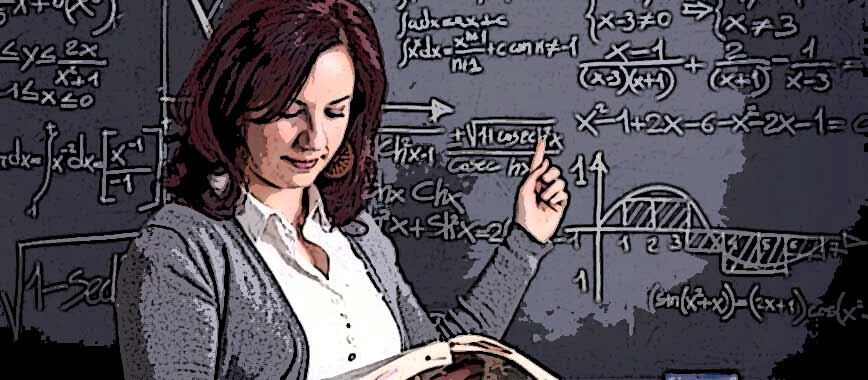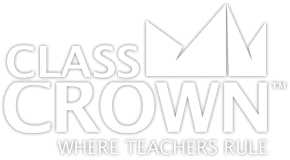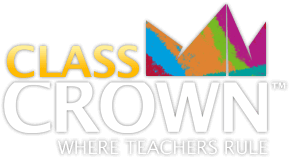
Oftentimes, teachers feel as though their district, the state, or even the nation sets their goals. The pressure for schools and districts to meet national standards in the common core means that teachers often have their “goals” handed down to them in the form of curricula and scope and sequence. It is easy for teachers to get lost in the pressure of these demands, but if we are to be effective math teachers, it is important to keep our real goals as math teachers in mind. Let’s talk about 3 basic goals of an effective math teacher.
- Instill a love for learning and math
If you’ve been teaching for any considerable length of time, you’ve heard it time and again: “I’m not good at math” or “I’m just not a math person.” Many children, for one reason or another, develop a distaste for math at a young age. To some it is tedious and disinteresting. To others it seems pointless and unnecessary. To another group it is downright baffling.
But it truly doesn’t have to be this way. When math is taught well and students gain confidence in their ability to understand it, it broadens their horizons in a number of ways. First of all, a student who increases his confidence in his math skills will be far more engaged and motivated to learn. Second, it opens up career paths that were otherwise considered unattainable. Last, confidence and success in a “difficult” subject such as math will spill over into other areas of life and students will begin to perceive that self-confidence plus tenacity result in achievement in all areas of their lives. - Develop reasoning skills
One of the aims of the common core math standards is to increase conceptual understanding among students, which is why parents are often confused about new methods and approaches to teaching math. Rather than simple learning an algorithm, the common core standards require understanding of the concept undergirding the algorithm. This is a worthwhile pursuit, however, to some students and parents, this can make math even more confusing. “That’s not how I was taught,” bemoan frustrated parents who wish to help their children.
While it is necessary for students to know various techniques and approaches to problems in order to be successful on standardized tests, the real goal of our teaching is for students to develop good reasoning skills and arrive at conceptual understanding. It is important that we allow students to sit with difficult math problems and approach the problems from various angles in order to truly understand them. We should never allow pressures from a test to force us to push students along or learn this or that preferred method of showing understanding at a rate that is too fast for them. If we go too fast and allow our goal simply to become “doing well on the standardized test” we are actually acting in direct opposition to the stated goals of the common core standards. Remember that the true goal of an effective math teacher is to help students develop the skills to reason through problems.
- Help students be able to operate in an ever-increasingly complex world
Today’s world is scientifically advanced and progressing at a very rapid rate technologically. In order be literate in today’s society, students must have a somewhat sophisticated understanding of math. Of course it is still necessary to know the basics of math to get the best deals at the grocery store, follow a recipe, or calculate tip. But in today’s world, your students would do well to know more sophisticated math. You might not need to know precisely what a gigabyte means, but you do need to know how it is used as a unit. You might not need to know how to write a computer program, but you do need to know how to back up your data and how much storage you need. The growth rate of technological power in our world is increasing exponentially. We can’t even predict what we’ll need to understand to get by in the future, but having a decent math background and the ability to understand math-related concepts will surely be necessary. Not only that, But does your student even know what it means for technology to “increase exponentially”?
Aids in Helping Students Succeed at Math
One of the obstacles to point number one above is that students often doubt whether or not they are computing correctly once they have learned a new concept. Our math riddles give immediate feedback as to whether or not a problem has been completed correctly. By using our resource, students and teachers can both receive immediate feedback regarding student understanding.
Here are some of our free sample packs to see if your students might like our riddle based worksheets with immediate feedback:



